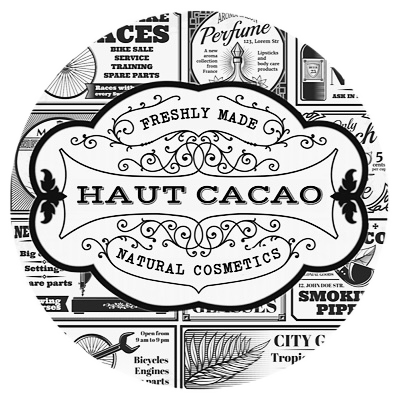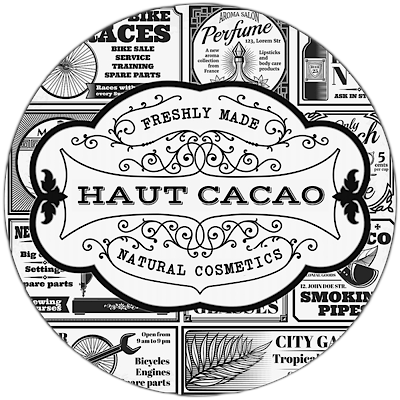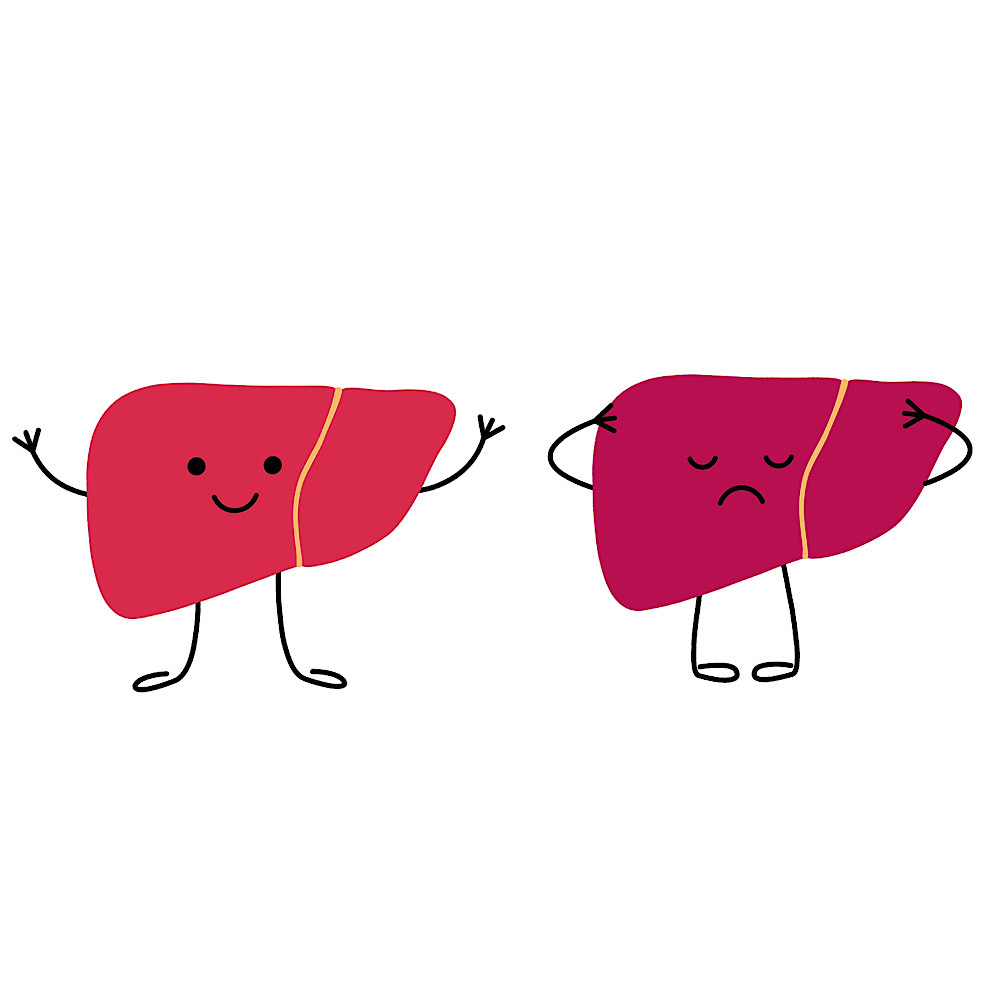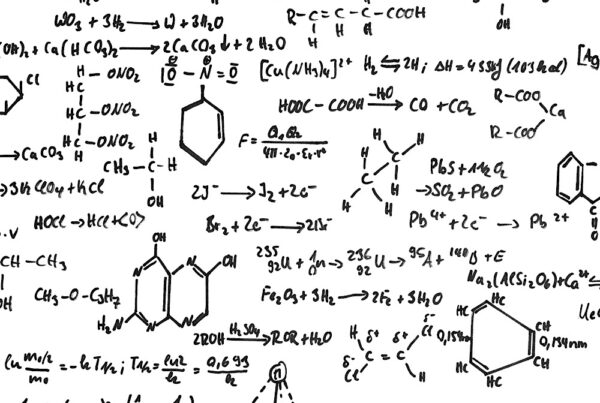Once I started transitioning to a plant based diet 18 years ago I knew in my heart that there would be no going back. The products I used on my body just naturally went along with that. I became very aware of the importance of what we put on and in our bodies and how much it can affect our health if it is not fluent with our values. Because over 65% of what we apply to our skin is absorbed into our body, my rule for makeup and skincare since this transition has been that I did not want to put anything on my body that I am not comfortable ingesting. My rule for what I eat is that I only eat what I am willing to kill with my own two hands. Lately though, I have been flipping that first rule upside down. If I am curious about ingesting something, I ask myself, am I comfortable applying it to my skin? When I conducted this rule with beef liver supplements i had to chuckle. That is a hard no regarding applying beef liver to my skin, so I guess I will not be ingesting it any time soon. I thought the title might get someone’s attention but then I had to check and make sure beef liver facials were not actually a thing (like the bird poo facial). Thankfully they are not. And no, I am not in any way promoting them.
I actually have been doing some research on beef liver supplementation. Why? Well, for one, I am curious as to why it is suddenly such a trend. Second, I always like to hear both sides of an argument. So in this case, why someone would want to take beef liver supplements, and on the other end of the spectrum, why someone may not want to. However there seems to be only one side on duck duck go which is strange. Like many other topics, I am sure there are differing views, but any negative experiences about supplementing beef liver seem to have been wiped from the internet, and when that happens, my antennas go up. Thirdly, being a farm girl, I am curious about how a company can sell 100% grass-fed beef liver sourced from the other side of the world at such a great price. When something is freeze dried or dehydrated it considerably shrinks down the volume of whatever the substance is. And yes, I feel sad that those cows who had to give up not just their liver but their whole life, were not worth more. I wonder how much my liver would be worth. I also wonder if most people wonder about these things or if it is just me.
Because I grew up on a farm doesn’t automatically mean that I know everything there is to know about beef livers. When I was little I was encouraged to eat all kinds of interesting things like animal organs, and yes, livers. I cannot remember ever enjoying it. When I got older I was allowed to politely decline. I remember going for dinner with my friend who was expecting a baby. She was excited about ordering the liver on the menu as she was craving it. I can’t say I have ever missed it or felt like I was missing out on its’ nutrients.
I am confused when I look at the cost of raising grass-fed cows and when I look at how many capsules of dehydrated liver are recommended for one person on a daily basis and the cost of each capsule, something just doesn’t seem to add up. One US-based company sells 500 capsules without any fillers or additives, just desiccated (dehydrated or freeze-dried) liver at a cost of just under $40. Another US-based company, which most people I know consuming beef liver supplements seem to be raving about, sells 120 capsules for $21. So, naturally, the next thing I was interested in was the source of the grass-fed beef. Where are these livers coming from? Their websites boast about their grass-fed beef liver capsules being sourced from Argentina.
I ran into one very big problem with this claim though. Argentina transitioned from grass-fed beef to feed lots a decade ago. “Argentina, whose very cuisine was based on the finest grass-fed beef, is now dominated by the feedlot. Writer after writer has reported that it is now almost impossible to find grass-fed beef in Argentina, even at the finest restaurants. The land of the gaucho has become the land of the feedlot, and the grass-fed tradition looks dead.
How did this tragedy happen?
One of the problems was the introduction of GMO soy to the Pampas. Much of the grasslands were plowed under and ruined for cattle. This reduced the meat supply. Another problem was the worldwide demand for cattle. The profits from exporting beef grew and grew. Argentine ranchers increasingly preferred to export their beef because of the higher prices. For the first time, the price of beef in Argentina itself became so high that many people were having trouble affording it. This led to great political unrest, as Argentines were outraged by the high price of domestic beef. The President of Argentina responded to the outrage by reducing exports and imposing price controls. The government also subsidized grain feeding of cattle to keep the price down. This had two terrible consequences. Even more ranchers converted their land to GMO soy production, because they could make considerably more money raising soy than cattle. More and more ranchers switched to the feedlot, so they could take advantage of the subsidies. By the end of 2010, almost all the beef available in Argentina came from the feedlot.
It is now very difficult for Argentines to find the grass-fed beef that was once their heritage. The land of rich grasslands has become the land of soy, to the loss of all humanity.” That was written in 2011 and you can read the full article here.
“Today, most cattle in Argentina are raised in feedlots, just like in the U.S. That transition has been driven by soaring prices in the global grain markets over the past decade, making it far more profitable to raise soybeans, wheat and corn than herd cattle. That may be good news for grain farmers, but it’s not a welcome change for the chefs of Buenos Aires”…read the full article here. Argentina almost solely uses feedlots, which contain corn, grain and antibiotics, just like most of the U.S. does. So in other words, the only way to get “Argentine beef liver from grass-fed cattle” that is “hormone” free would be if you went to a local farmer in Argentina.
Argentina Beef Liver Claims are a Hoax?
Yes, unfortunately. And most desiccated beef liver tablet producers all use the same Argentine grass-fed beef claim. These US beef liver supplement companies all explicitly state this. But how is this possible? Are the supplement companies just lying? Yes, unfortunately. Or at a minimum, their suppliers are lying to them, and they are passing false information on to the consumer. The FDA does not regulate supplements in the same manner as they do food and drugs. They simply monitor adverse effects but ignore purity and ingredients unless pursued by consumers. And a rather innocuous claim of “Argentine grass-fed beef” is not going to set off too many alarms or trigger any lawsuits. Plus, it’s likely still beef liver, just not sourced from grass-fed Argentinian cows, so no real harm…or is there? https://grist.org/sustainable-food/in-argentina-factory-farms-replacing-grass-fed-beef/
Then Why Should I Care?
It’s still beef liver but the cows eat corn and use some drugs, so no big deal, right? The fraud may seem trivial at face value, but there’s a legitimate problem here. Aside from just getting plain old ripped off and being lied to, there could potentially be harmful side effects. Maybe not acute or even detectable at first, but harmful none the less. Since the liver largely acts as a big filter, any and all hormones, antibiotics, steroids, anti-parasitics and insecticide that the cows are subject to, will get processed through it. Toxic drug residues last significantly longer in liver tissue than they do in fat and muscle tissue. So although the cuts of meat may test clean and be considered safe to consume by regulatory standards, the tissue of the liver can and likely will contain these hormone and antibiotic residues. Freeze drying liver tends to preserve the toxic residues in the beef liver. So it’s probable that desiccated beef liver tablets are rich in toxic antibiotics and hormones and not just nutrients. In other words, liver tabs would contain a higher concentration of all of the antibiotics and hormones than a cut of beef. Unfortunately, I’m not just wildly speculating here – Michigan State University School of Veterinary Medicine confirms this scenario here.
risk vs benefits
One of the jobs of the liver is to safely remove toxins, or to store them when removal is not possible. This explains why any successful cleansing protocol must begin with a liver cleanse; for without the help of a fully functional liver, other cleansing protocols will not work well. Any cleansing process involving a dysfunctional liver is like cleaning a dirty floor with a dirty mop and dirty water. The liver is the mop of the human body.
Some fringe health writers recommend that people eat organ meats, and most especially liver. A smaller subset of those people recommend eating the organs raw, intact with raw blood. They contend that liver is healthy because livers are extremely nutrient dense. Their advice is well intentioned, but equally foolish. These writers fail to account for the fact that the liver is also a body’s long-term storage area for toxic materials. It is the wisdom of taking a lead pill with a multi-vitamin, and no amount of nutrition can compensate for the problems generated. The liver, along with fat cells, are the storage places for toxic materials that a body cannot eliminate. Consuming liver is the act of eating all of the toxins that an animal was unable to expel throughout its entire lifetime, and there are really toxic materials at farms nowadays.
Consumption of liver has been linked with increased rates of hepatitis E in the United States. Although, the condition is rarely reported. Liver consumption has also been repeatedly linked with clenbuterol poisoning in Spain, China, and Portugal. Clenbuterol poisoning consists of muscle tremors, headaches and nervousness. The condition can last for days, until the toxin is isolated by (and contained inside) the liver, where it will remain for the rest of a person’s life, and impair their health forever after. Clenbuterol is administered illegally to livestock because of its ability to keep meat fresh for unnatural lengths of time. It is another reason to avoid products from the main culprit, China.
People who eat liver need to weigh the benefits of some extra minerals against the risk of permanent poisoning; both from heavy metals and other poisons that the cow has been in contact with. The poisons can come from processed feeds, antibiotics, vaccine ingredients, pesticide over-spray, tainted water, and the synthetic hormones that are frequently given to farm animals. While organic liver is theoretically healthier than its extremely toxic counterpart, I strongly recommend against taking unnecessary risks.
Various toxins that we eat are stored in the liver, such as aflatoxin. It is something produced by molds that often appears on vegetables during their transportation or processing. It can also be ingested from antibiotics; which by the way, are still made from toxic fungal sources, despite the dishonest hype about scientific medical breakthroughs. Aflatoxin has been shown to massively increase the risk of liver cancer. It is important to note that studies in China have shown that this risk can be reduced by 55% with the help of chlorophyll, which naturally chelates some toxic materials out of the body. Chlorophyll is the extracted green-dye from plants, so it is another reason to eat lots of vegetables.
Those who follow the most asinine advice from the liver promoters, namely to eat it raw, have dramatically increased rates of parasitic infections and toxocariasis infections. These conditions are common for cats and dogs, but they are unusual for human beings, since toxocariasis is produced by roundworm infestations.
An email was written to one of the beef liver supplement companies by a customer to find out where their liver is sourced (June 8, 2017):
The company promptly responded and it was stated that the source of the grass-fed beef needed to be updated on their website. Not surprisingly, as of January 2018, nothing had changed..Removing the false advertising is unlikely since the competition all claim that they are using “100% grass-fed, hormone free Argentine Beef Liver” but obviously aren’t. So if this company updates their info, they’ll be at a competitive disadvantage. In other words, the truth will hurt their sales. No one will pay more for “Grain Fed, antibiotic, hormone laden desiccated beef liver” tablets. Especially since their tabs are a bit pricier than the others.So the solution? Well, don’t worry about it and don’t take desiccated beef liver tablets if you’re concerned about the accumulated toxins.
Is it really true?
Many pathogens aren’t killed by freezing and are instead preserved or even strengthened by the process. Some bacteria and parasites are killed by freezing, but some aren’t. Even if the liver is from a high quality, grassfed source, there is still a risk that needs mentioned. While the risk is less if you were using raw grassfed liver, it’s still entirely possible to contract parasites, and it has happened. This real food, natural blogger developed parasites even after freezing her grassfed liver. This article discusses the fact that -4 degrees Fahrenheit is needed to kill parasites in fish, which not all home freezers are able to do, and even then certain parasites won’t be killed by freezing. This 2008 study in Parasitology, Toxocariasis and Ingestion of Raw Cow Liver, found an increased risk of round worms. Over 87% of the group with parasites and positive serum tests said they had recently eaten raw liver.
A dangerous game
Freezing raw liver for 14 days will not make it safe to eat and kill dangerous pathogens in it. Eating raw liver, especially semi-thawed and then re-frozen liver, increases the risk of contracting something nasty. Despite the fact it was done by cultures for centuries, Even if I was not plant based, I would not feel comfortable consuming raw liver or recommending it to anyone.
It’s up to you
There are risks and benefits to everything and eating raw liver carries a risk of pathogen and parasite exposure worth eating raw liver. I don’t know what percentage of grass-fed beef liver may contain pathogens, maybe it’s a small amount, maybe not. Many in the natural food community have consumed raw liver without negative effects, however I feel like that’s playing a bit of Russian roulette. Regardless of whether or not you decide to consume raw liver though, freezing it does not only NOT reduce pathogens, but it will probably make them worse.






